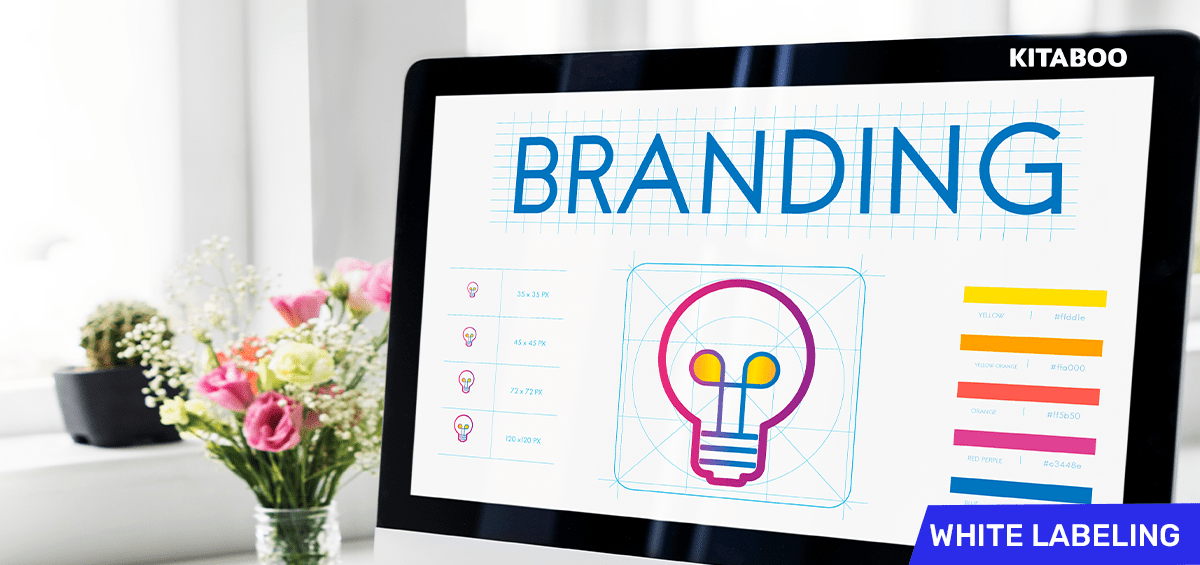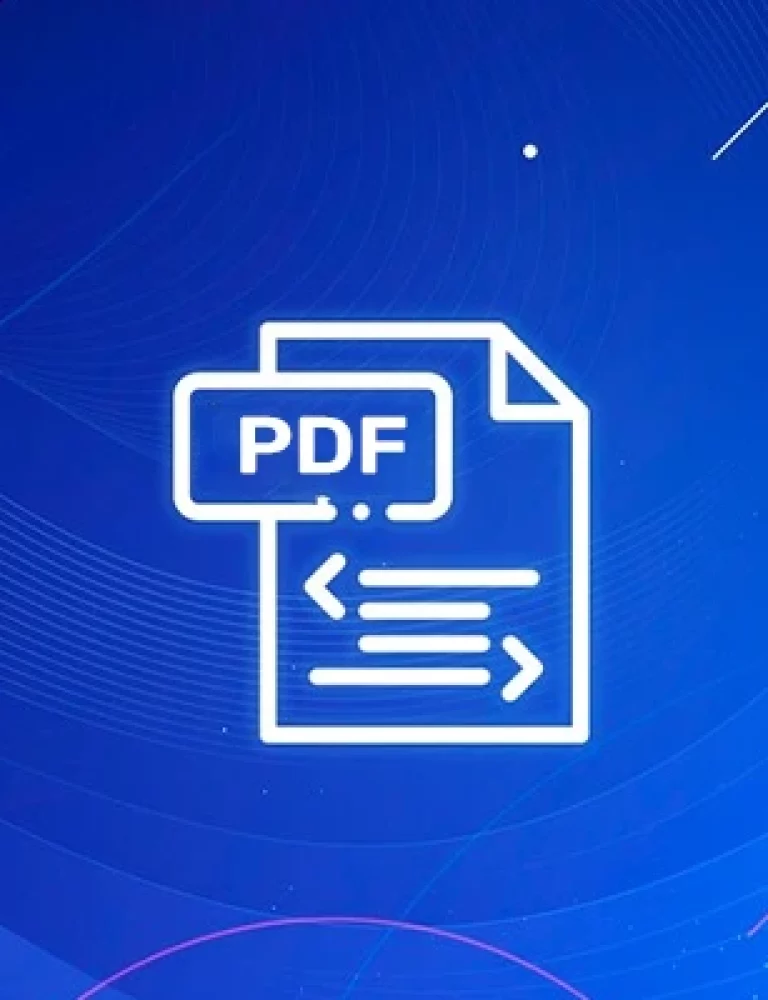The publishing industry has undergone a significant transformation. With the rise of eBooks, publishers are constantly seeking ways to enhance their offerings and reach a wider audience. White label eBook platforms have emerged as a popular solution, allowing publishers to create and distribute eBooks under their own brand.
While the ability to customize and personalize content is undoubtedly valuable, the true source power of white label eBook platforms lies in their analytics and reporting capabilities. In this article, we will explore the importance of these capabilities and how they benefit the K12 publisher. Here’s what we’ll cover.
Table of Contents
The Digital Transformation of the K12 Publishing Industry
With the advent of technology, the K12 publishing industry has witnessed a significant shift from traditional print publications to digital formats. eBooks have become increasingly popular as they offer convenience, accessibility, and a wealth of interactive features. Publishers have recognized the need to adapt to this digital landscape to remain competitive and cater to the evolving preferences of students and educators alike.
Understanding White Labeled eBook Platforms
White labeled eBook platforms allow publishers to leverage existing technologies and infrastructure to create and distribute eBooks under their own branding. These platforms offer a range of customization options, including cover design, layout, and content organization. By utilizing a white labeled eBook platform, K12 publishers can maintain brand consistency, establish their unique identity, and engage readers in a more personalized manner.
The Role of Analytics and Its Impact on the K12 Publisher
Analytics play a crucial role in white labeled eBook platforms. They provide users with valuable insights into the performance of their eBooks. Let’s explore what these insights are and how they impact the K12 publisher.
eBook Performance Tracking
Analytics enable users to monitor and track the performance of their eBooks. Metrics such as the number of downloads, page views, and reader feedback can be analyzed to determine the success and popularity of each publication. This helps K12 publishers identify trends, understand their target audiences’ preferences, and make informed decisions to optimize future eBook releases.
User Engagement Analysis
Access to user engagement analytics allow publishers to track the time each reader spends on a page, the percentage of the eBook read, and the interactive elements accessed by readers. This detailed data helps publishers gauge the level of engagement, pinpoint areas where readers lose interest, and make improvements to enhance the overall reading or learning experience.
Identifying Popular Content
K12 publishers need to have a finger on the pulse of their end users. Using the analytics of a white labeled eBook platform, publishers can identify the most popular pieces of content within their eBooks. By analyzing the engagement metrics for individual chapters or sections, publishers can determine which topics resonate most with readers. This knowledge can be leveraged to create targeted content strategies and effectively cater to their readers’ interests.
Analyzing Reader Behavior
Analytics provide insights into reader behavior, allowing publishers to understand how their readers navigate through their eBooks. By analyzing data such as page flow, bookmarking, and highlighting patterns, K12 publishers can gain a deeper understanding of how students consume and interact with the content. This information can help refine eBook designs and layouts for a better user experience.
The Significance of Reporting for K12 Publishers
While analytics provide the data, the reporting feature of white labeled eBook platforms, help make sense of it. Used correctly, reporting can have a significant impact on the decisions K12 publishers make. Let’s take a deeper look at how this happens.
Data-Driven Decision Making
Reporting consolidates analytics data into meaningful reports that facilitate data-driven decision making. By presenting information in a clear and concise format, these reports help K12 publishers identify trends, patterns, and opportunities. Publishers can then use this data to refine their publishing strategies, allocate resources effectively, and drive growth.
Publisher-Focused Insights
Reporting provides publishers with customized insights tailored to their specific needs. K12 publishers can define key performance indicators (KPIs) and receive reports that align with their objectives. Whether it’s tracking revenue, conversion rates, or learner demographics, reporting empowers publishers with the insights they require to measure success.
Improving Content Strategy
Reporting enables K12 publishers to assess the performance of their content strategy. By analyzing learner feedback, engagement metrics, and other relevant data, publishers can identify content gaps, refine their offerings, and create eBooks that resonate with their target audience. Reporting guides publishers in optimizing their content strategy to maximize reader satisfaction and engagement.
Enhancing User Experience
Reporting plays a vital role in enhancing the user experience of eBooks. By tracking reader behavior and engagement, publishers can identify pain points or areas where readers may face challenges. Armed with this information, they can make necessary adjustments to the layout, navigation, and interactive elements of their eBooks, ensuring a seamless and immersive reading experience.
Conclusion
In the ever-evolving eLearning industry, white labeled eBook platforms have emerged as a powerful tool to help K12 publishers adapt and thrive. More than branding, it is the analytics and reporting capabilities of these platforms that are most beneficial to publishers.
It is therefore imperative for K12 publishers to find a white labeled eBook platform that can deliver on these requirements. In this regard, we suggest exploring KITABOO, the digital textbook platform. Apart from customized reports and actionable data, KITABOO also provides an intuitive dashboard and DRM protection for your K12 content.
To learn more, schedule a demo with us today!
Discover How An Ebook Conversion, Publishing & Distribution Platform Can Help You
Kitaboo is a cloud-based content platform to create-publish & securely distribute interactive mobile-ready ebooks.
You May Also Like








